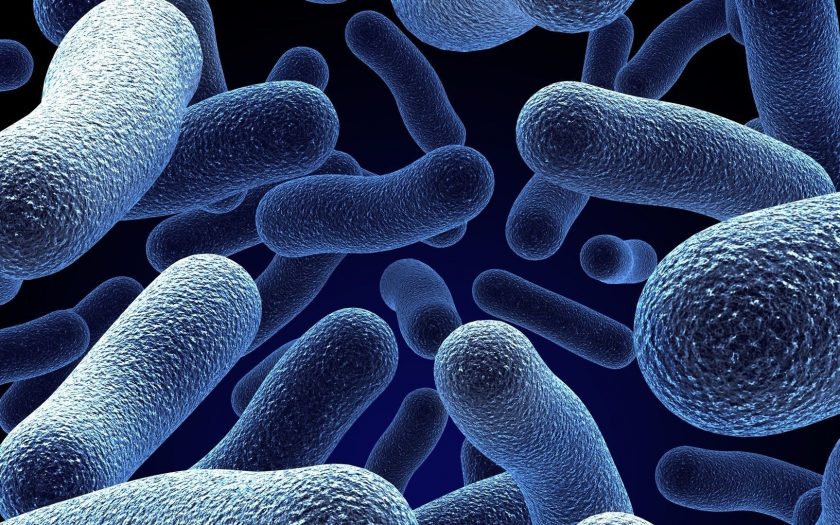In science fiction films, there is often an image of an alien parasite that is in a person and controls his behavior. But imagine that we already have an organism that dictates what to buy in the nearest supermarket and what to eat for lunch. The creature inside says, “Eat!” and makes you go to the fridge. But the parasite of completely terrestrial origin is our intestinal bacteria.
Trillions of germs live in every adult, and that’s normal. Some of them help us live by causing biochemical reactions, others force us to go to the doctors. There is a whole zoo in the intestines: hundreds of species of bacteria and viruses. Most live in the “pocket” of the large intestine – the so-called cecum. Some experts even consider the microbiome a full-fledged organ because its components work so harmoniously.
The microbiome, or gut microflora, is all the gut microbes that act as another organ that is crucial to your health.
Where do these microbes come from?
Initially, the newborn does not have a microbiome, but with the mother’s milk, he inherits from her the first bacteria that take root in the new territory. From this moment begins the “cooperation” of man with his microbiome. As long as a person provides bacteria with useful food (all that enters the intestines is their food), they work: they digest food, produce useful nutrients, hormones and even form immunity.
But there are bacteria of the “dark side”: they not only cause digestive problems, but also provoke the development of cardiovascular disease and dementia. And imagine: these insidious enemies are to blame even for your gluttony (but remember that they are not the only ones).
Your brain is captive
Microbes also affect human behavior. In fact, the effective connection between the brain and the gut has long been established. Intestinal bacteria produce about 95% of the “happiness hormone”. Thus, germs can improve a person’s mood, or they can worsen it. The effect of some intestinal microbes on the development of depression has also been proven.
Surprisingly, even the ancient Greeks suggested that mental illness occurs when the digestive tract produces too much “black bile.”
But how do microbes do it? Today, science knows three main mechanisms of influence of intestinal microflora on the human brain:
- The production of neurochemicals that the brain uses to regulate not only physiological but also mental processes, such as learning, memory, and mood swings. These substances, mainly hormones, enter the blood vessels from the intestines and then enter the brain.
- Microbes affect neuropods – special cells of the intestinal mucosa that can stimulate neighboring nerve cells, including the vagus nerve, which is directly connected to the brain.
- Effects through immune cells. It so happened that in the human intestine is about 70% of all immunity. Microbes live next to immune cells, interact with them
To get more benefit from your microbiome, you can take XLS Medical Fat Binder or XLS Medical Appetite Reducer!

